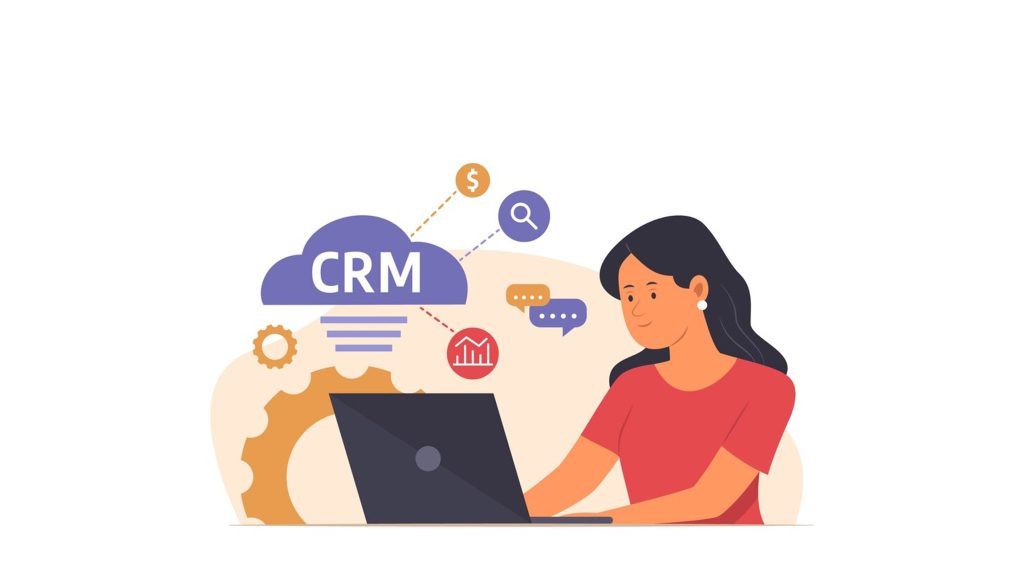Loyalty isn’t dead — but traditional loyalty programs are dying. And businesses are earning loyalty through relevance.
![]() For retail marketers, the loyalty program is a straightforward exchange: for some sort of perk from the retailer (discounts, points toward a purchase, etc.), the customer will offer up access to personal data valuable to marketers. It’s a tactic that has been a reliable element of the marketer’s playbook — and one that has largely evolved to embrace digital and mobile engagements. And the longstanding belief has been that customers will keep buying the same things from their favorite retailers as long as they receive the right perks.
For retail marketers, the loyalty program is a straightforward exchange: for some sort of perk from the retailer (discounts, points toward a purchase, etc.), the customer will offer up access to personal data valuable to marketers. It’s a tactic that has been a reliable element of the marketer’s playbook — and one that has largely evolved to embrace digital and mobile engagements. And the longstanding belief has been that customers will keep buying the same things from their favorite retailers as long as they receive the right perks.
But these beliefs are being challenged because consumers just aren’t that interested in loyalty programs — certainly not as interested as marketers think they are. A 2018 survey from Oracle found that while 58 percent of retailers believe that consumers are eager to sign up to every loyalty program, only half are even signing up for select, highly-relevant programs — and nearly 20 percent rarely join any. And for those who are engaging in these programs, loyalty is no longer a given — recent research shows that anywhere from 59 to 71 percent of consumers aren’t made more loyal by loyalty programs.
The problem? Loyalty programs are designed to drive transactions, but consumers aren’t primarily driven by discounts. Instead, they are looking for relevance, to engage with brands that truly “get” them. Loyalty programs don’t deliver relevance — while 58 percent of retailers believe their offers are mostly relevant compared to 32 percent of consumers believing those brand offers are relevant.
Consumers want highly-personalized communications and timely notifications — particularly on their mobile devices, and increasingly, in video, rather than text. And they’re willing to make some concessions to make it happen: nearly 90 percent of shoppers from a recent survey stated they’d be alright with being tracked or watched if it means a more personal loyalty experience.
Loyalty, Meet Relevance – with Personalized Video
Marketers can’t buy customer loyalty any longer. They have to earn it with excellent customer experiences built on relevance. Loyalty, as we have thought about it, is dead. Today, true loyalty is driven by the overall customer experience, strengthened through relevance.
In the Digital Marketing era, relevance has been driven by Personalization — the ability to merge data and creative to reach each customer as if they were your only one. And customers are demanding this: 61 percent will switch companies that no longer meet their needs, and 44 percent get frustrated when companies fail to use their personal information to make interactions and offers more relevant. The cost of irrelevance? More than $1 Trillion to U.S. companies, according to Accenture.
Evolving from direct mail to Email Marketing, Social Media, Content Marketing and Web Content, Personalization is today driving the next channel for marketers: highly-relevant personalized video delivered to customers on their mobile devices.
And customers love it — we’ve regularly seen clients reduce their customer churn by upwards of 20 percent while doubling their Sales over control.
Today, by coupling explicit customer data with implicit analysis, retailers can present personalized video offers to customers who have opted-in at the exact right time. Triggered by location data and previous purchase history, a customer receives a personalized video suggesting they visit the store right down the street for a special offer that expires in an hour.
Driven by churn analysis indicating exhibiting signals that they might shop elsewhere, a retailer sends a personalized video with highly-compelling offers to come back and buy again. Shopping-cart abandonment can produce a custom video showing the clothes a customer could reconsider buying.
While loyalty programs are dying, loyalty is very much alive — through brand relevance driven by highly-personalized video.
Read more: What’s Happening to Brand Loyalty?




















